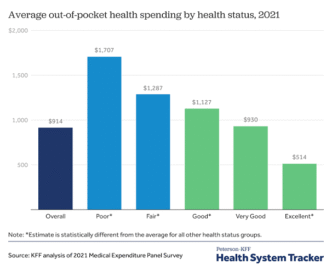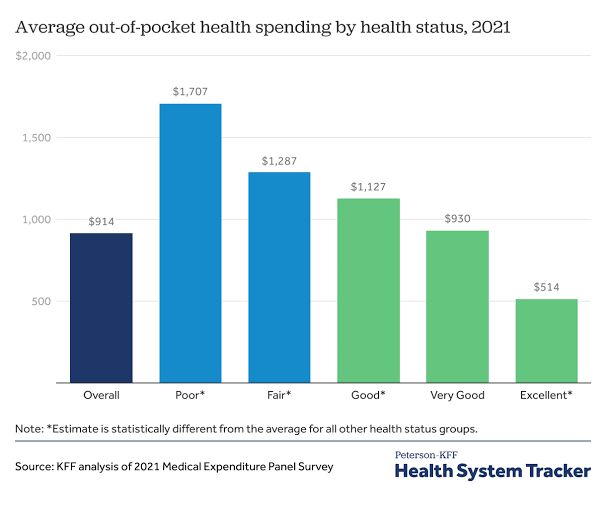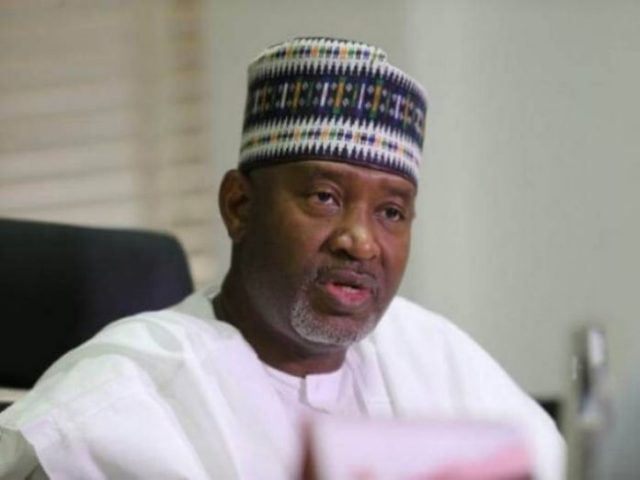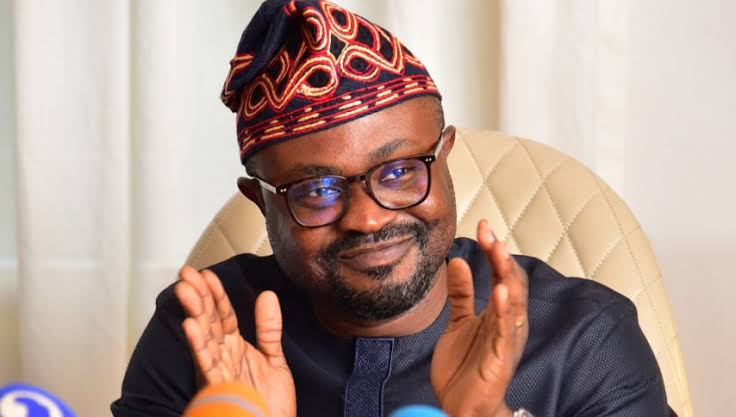Federal Government has announced plans to reduce Nigerians’ out-of-pocket healthcare expenses from the current 70% of total health expenditure to 20%, in a move aimed at easing the financial burden on households and expanding access to quality healthcare.
Gatekeepers News reports that John Ataugba, Executive Director of the Africa Health Economics and Policy Association, disclosed this on Tuesday in Abuja while presenting on the state of healthcare financing at the second day of the National Health Financing Dialogue, themed “Reimagining the Future of Health Financing in Nigeria.”
“Out-of-pocket spending in Nigeria is really problematic. It currently accounts for over 70% of total health expenditure. But our goal is to bring this down as quickly as possible to less than 20%,” Ataugba said.
He explained that the 20% target is critical because evidence shows that when household health expenses fall below this threshold, countries are more likely to achieve stronger financial protection for their citizens.
Currently, government spending on health in Nigeria accounts for less than 15% of total health expenditure. Ataugba stressed the need for stronger public financing:
“We want to reach a stage where government contributes at least 50% of total health expenditure, ensuring greater access to health services for all. If the government takes a larger share of financing health services, people will have better access, and there will be greater opportunities for equity.”
On external funding, which accounts for less than 8% of Nigeria’s health expenditure, he noted that while the figure is relatively low, the ultimate goal is to reduce reliance on donor support, especially in per capita spending on public primary healthcare.
Ataugba lamented the country’s meager investment in primary healthcare, pointing out that Nigeria spends only about $7 per person annually.
“This is very meager and insufficient. Our target is to increase this to roughly 30% of $30 per person to strengthen primary healthcare, which is the bedrock of every health system, especially in low- and middle-income countries,” he said.
He also reminded participants that Nigeria has yet to meet the Abuja Declaration commitment of allocating 15% of government spending to health.
“We are currently at less than 8%. When the government’s share of health in the economy is very small, it limits its influence. He who pays the piper calls the tune,” Ataugba warned.
The dialogue is expected to strengthen evidence for increased and sustained health financing commitments, while encouraging policy reforms that will bring greater private sector involvement into the health system.










